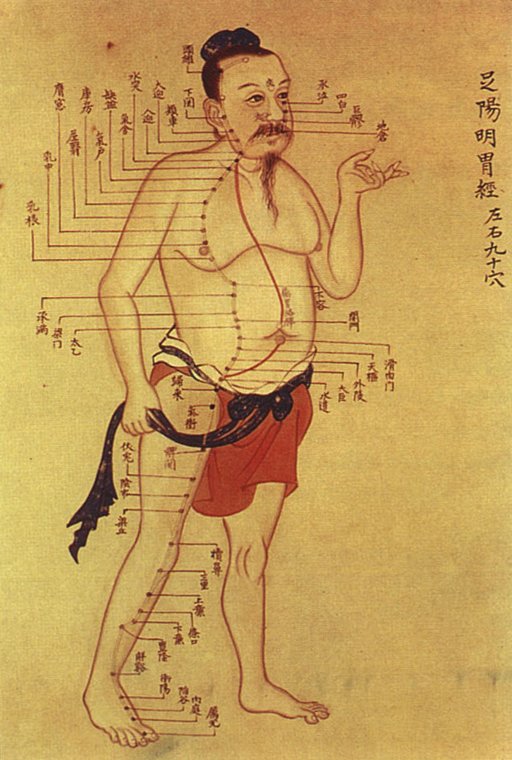What is qi?

Qi is a subtle abstract substance that makes up and sustains human life activities. It is difficult to observe directly, but its existence is perceived through the senses of the body and according to the various changes of one’s environment.
As for the essence of taiji, it consists of the sudden, quiet realisation of the way of qi circulation
— Chen Xin, Illustrated Canon of Chen Family Taijiquan (INBI Matrix, 2007, 183)
Qi is certainly a difficult concept. It has many meanings in Chinese ranging from the everyday to the rather obscure. For example, ‘天氣 tiānqì’ (lit. heaven energy) means ‘weather’ in everyday language, but also ‘元氣 yuán qì’ (pre-natal energy) means, according to wikipedia, the ‘the vital potential that is gradually used up in the course of life’.

However, the concept is available in multiple languages and time periods. For example, the word ‘prana’ in Sanskrit that is used in hatha yoga practice seems to mean the same thing. For that matter, the words ‘pneuma’, ‘spirit’, and ‘soul’ have an overlapping family resemblance (see this article on the etymology of ‘spirit’). It is not as foreign an idea — part of an inscrutable Orient — as it is usually treated to be.
One thing qi is not is a belief system. Something to be taken on faith. In the limited context of taijiquan, qi is something that can be sensed in the body — an act of interoception. In the beginning, practising the form with a quiet focused mind that observes changes within your body will suffice. The simplest thing to observe is your fingers beginning to swell up and tingle. The type of sensations you perceive and where you perceive them will deepen and change over time. As you slowly move your awareness from, say, your fingers up to your wrist and forearm, you will notice that the sensations follow your awareness. This is the foundation of using your mind to move your qi and your qi to move your body.
For the importance to qi to practising taijiquan, whether as a health system, a martial art or for self-cultivation, see Nick Gudge’s collection of comments on qi and a similar set of Chen family comments on qi.